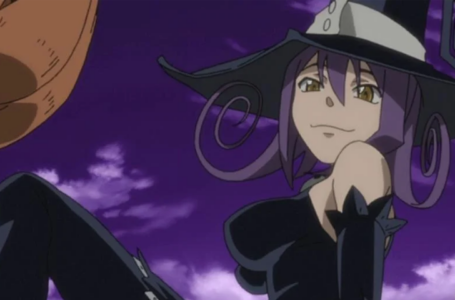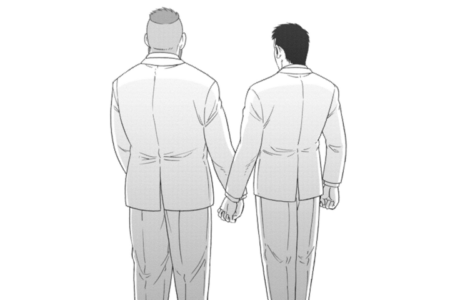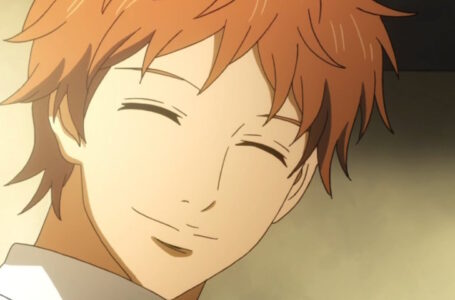So I started reading Record of Ragnarok
While I have a passing interest in all things battle royale, I rarely start anything new due to my existing obsessions and loyalties, such as Juni Taisen. But Record of Ragnarok is a title I have always wanted to properly explore as an ongoing manga that utilises a battle royale premise too — only not for the sake of a deconstruction of the genre itself this time around.
In Record of Ragnarok’s case its concept seems to be to make one of the most outlandish fanfictions out there, bringing together historical, mythological and biblical figures in a bloody spectacle of one-on-one battling to either save mankind or destroy it completely. It’s stupid good fun whilst still being able to stir up the emotions.
Read it, don’t watch it!
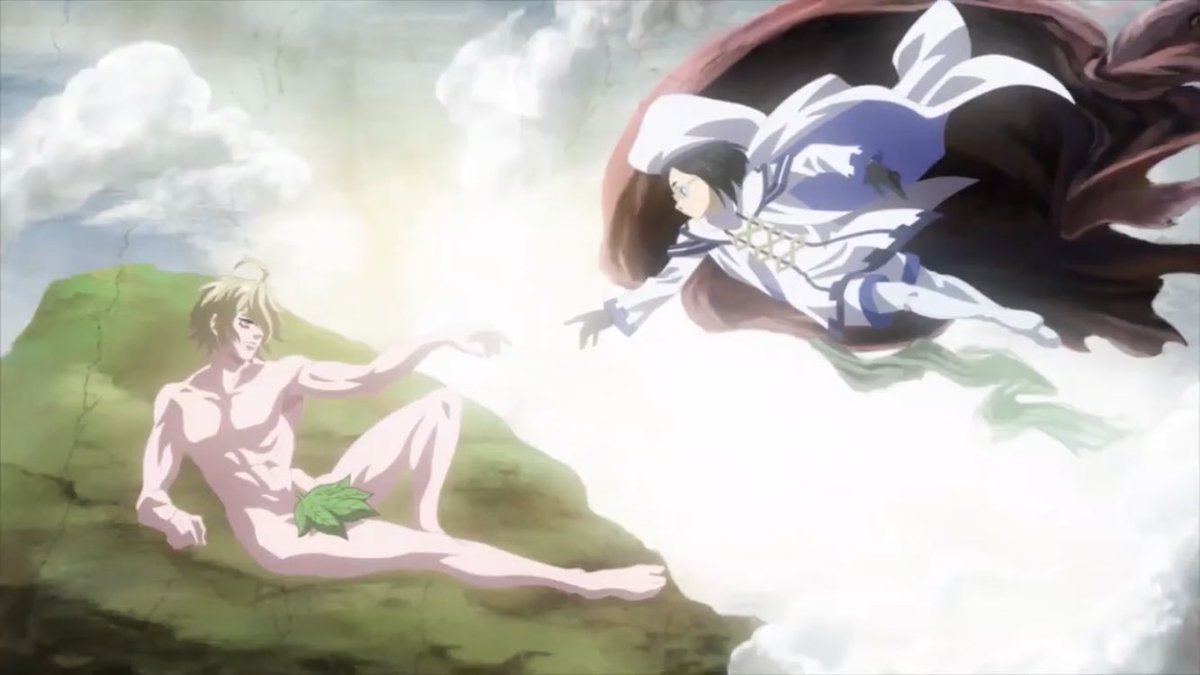
Brought to us by writers Fukui Takumi and Shinya Umemura with art by Aji Chika, reading the manga is the way to go when consuming Record of Ragnarok. I once made the mistake of trying to get into it via the 2021 anime adaptation, but like most other people, I found it extremely underwhelming. The animation was especially lacklustre for a heavily action based anime. Everything was distractingly poor, with monotonous and static depictions of said action.
Worse yet, the true highlights from the manga didn’t have a shred of impact in the anime. With the very best fights being played out as nothing more than a slide show, and some battles even ending far too quickly, everything felt rather anticlimactic.
Furthermore, the expressiveness and exaggerated facial expressions of the original source were not present; in the original, this is what elevates each scene, conversation and reaction to the fights as the characters’ outward appearance reveal their inner turmoil. It’s especially notable with Brunhilde, who adds so much comedy and emotional impact through her facial expressions alone in the manga, but this is underplayed or completely absent in the anime adaptation.
Incredibly bonkers
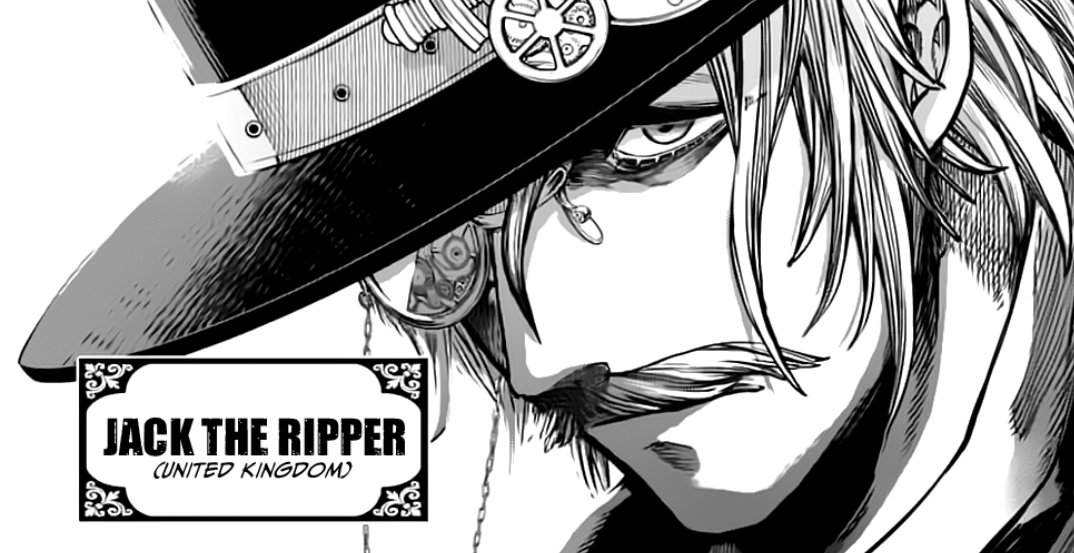
But enough about the anime now, let’s talk about what makes the manga so good. Much like the majority of its readers, I was hooked on it ever since the conclusion of its second battle hit – the fight involving the human representative candidate (termed as ‘Einherjar’) Adam – of “Adam and Eve” fame. Bringing together thrillingly close combat fights with such an emotional blow of a backstory for Adam was what made me start truly valuing Record of Ragnarok.
Turning the origins of Adam’s story into something much more substantial in a rather goofy way is both very entertaining and wildly clever. With the conclusion to his battle also visibly uniting all of the remnants of humanity is one of the most touching moments of the series. But it does not stop there — though it is also important to note that Record of Ragnarok’s very first battle between Thor and Lu Bu is the most one-note of them all; the manga takes great strides to improve upon the formula it initially establishes, so don’t give up after that first battle.
So, from Adam’s appearance alongside brutal and surprising fights, there are neat character storylines and fun backstories relating to myths and historical legends that lean even further into the series’ entertainment value to make it truly feel unique. Record of Ragnarok simply has fun with how many possibilities it has at its disposal for such a wild premise.
I thought it was bad enough that the otome London Detective Mysteria had me questioning my morals when it came to Jack the Ripper, but here we go again. Speaking of which, we even get to see yet another version of Hakuoki’s best boy Okita Souji here. The surprises never stop coming with Record of Ragnarok.
Mindless fun with creatively emotional depths sprinkled about
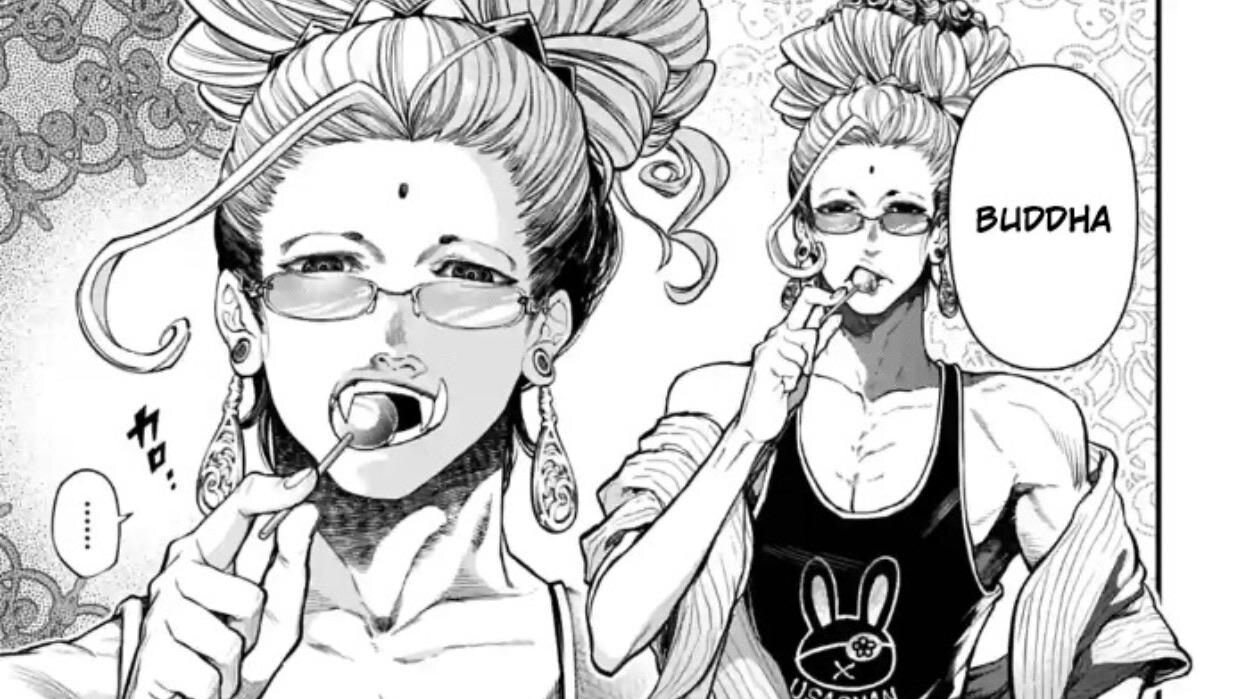
When it comes to laughs, Record of Ragnarok offers up plenty, be it running gags or well-timed jokes. Norse spirit Göll repeatedly breaks the fourth wall throughout the series to unwittingly talk directly at the reader; Shiva is continuously side-lined as the inconsequential “joke” of a God; Ares and Hermes act as jesters, both unintentionally and intentionally; and we collectively lose our minds over the sweet toothed Buddha, the greatest troll of them all.
At the same time, Record of Ragnarok’s more heartfelt moments deserve just as much praise. The personal and heartwarming motivations behind the Einherjar are especially notable here for obvious reasons once their backstories are shown. Rather surprisingly, these heartfelt moments sometimes come from unexpected angles — such as when we see Hades’ care towards his family. This is a major factor in his characterisation, since he would not have appeared in the arena if it wasn’t for his brotherly affection being as key as it is.
So while the Gods themselves tend to be completely vilified for the sake of its plot, it’s interesting where the manga stands in regards to humanity in comparison. The running motif is that humanity is decent, but when pushed into a corner or due to our circumstances, the depths of our depravity come to the surface. The most obvious example of this is with the portrayal of Jack the Ripper, who is given one of the most depressing backstories yet.
There’s also the unexpected depth to certain characters over others, even when it comes to the “evil” Gods. Zerofuku’s backstory is emotional damage to the max, while we have the other extreme with Poseidon, whose entire deal is that he’s a God who is way too confident and arrogant. Take him at face value, but don’t be so quick to judge everyone else by their outward appearance.
Closing thoughts
Overall, Record of Ragnarok surprised me and continues to do so the deeper it goes. Everything continues to get better despite it always being high-stakes due to nature of its setup. Since the entire premise is based around either destroying or saving humanity, there is an additional sense of gravity to the action, even when it comes to the divine beings.
For example, the Völundr — the Valkyries, sisters Brunhilde and Göll — join the fray to grant the human fighters the potential to down a God, and they also suffer the consequences of losing. If they’re united with a defeated warrior representative, they’ll also die.
With the more complex fights tending to be really intricate in order to highlight the victor winning through intelligence and wits rather than brute strength, the more nuanced tactics seen in certain fights greatly ups the ante time and time again. Alongside all this chaos is the plot thickening, with happenings going on in the background of the battles such as Buddha’s “treacherous” motivations and Beelzebub’s introduction and subsequent storyline.
If I had just one complaint, it’s entirely a “me” thing: I have come to the manga very late, so I have a lot of catching up to do. You should give it a read!
Join The Discussion
Rice Digital Discord
Rice Digital Twitter
Rice Digital Facebook
Or write us a letter for the Rice Digital Friday Letters Page by clicking here!
Disclosure: Some links in this article may be affiliate links, which means we may earn a small commission if you make a purchase after clicking on them. This is at no additional cost to you and helps support Rice Digital!
- Sigh of the Abyss: Shadow Bonds – Prologue Review - October 7, 2023
- Is She The Wolf? is wickedly addicting TV - October 6, 2023
- The steady consumption of Slow Damage - October 5, 2023




